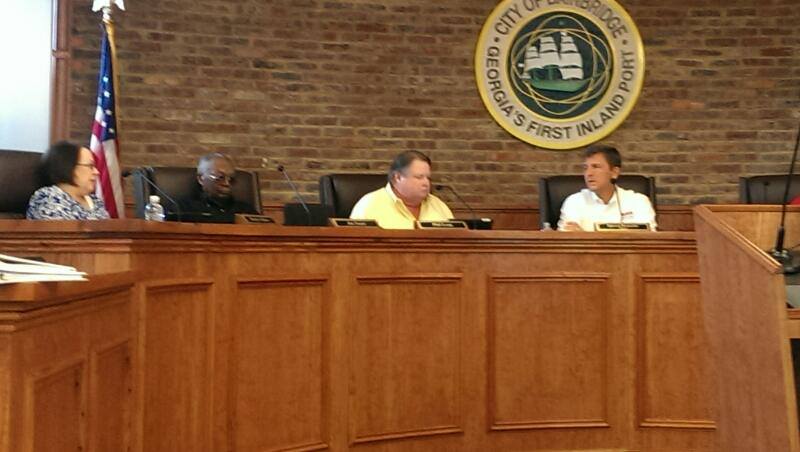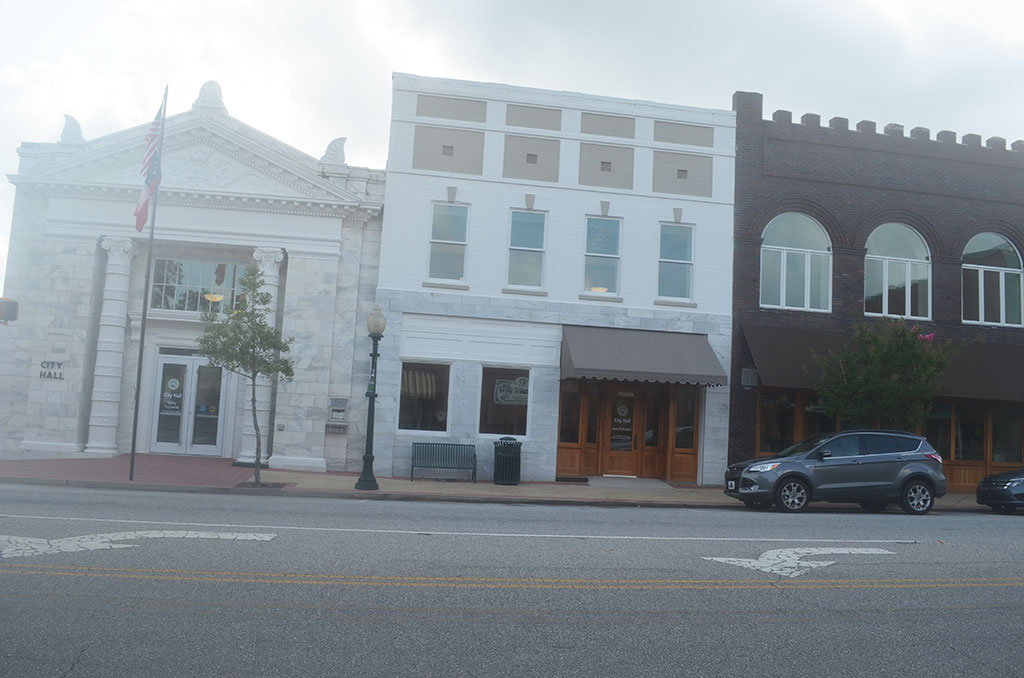

The Bainbridge City Council narrowly approved a two-mill property tax increase on Tuesday night.
The council was split in a 3-3 tie: Voting yes to approve the millage increase were Glennie Bench, Phil Long and Don Whaley. Voting against the millage increase were Roslyn Palmer, Luther Conyers and Joe Sweet.
Mayor Edward Reynolds is allowed to vote to break ties and did so to cast a deciding vote to pass the millage increase.
The City Council also heard a presentation from Scott Forsyth, a local insurance agent who helps the city procure underwriting for city employees’ health insurance. The council also heard from Buddy Welch, an attorney from McDonough, Ga.
Forsyth’s presentation concerned the city’s rising health care claims costs, part of the reason Mayor Reynolds and others said the millage increase was needed.
Please continue to visit sowegalive.com, as we will publish additional articles detailing the discussion between council members regarding the millage, as well as what citizens had to say. Approximately 50-60 people, by rough estimate, were in attendance at Tuesday night’s meeting, although a small portion of that figure included city employees, their family members and members of the media.
Welch’s presentation may prove to have lasting influence on the relationship between the City of Bainbridge and the Decatur County Board of Commissioners. Welch and a colleague, Michael Brown, have done research at city officials’ request concerning the two governments’ joint service delivery agreement, which spells out what services each party is responsible for providing.
Several city officials, including City Manager Chris Hobby and Mayor Reynolds, have publicly stated their belief that City of Bainbridge residents are victims of “double taxation” because they are being taxed by Decatur County for services that are provided to the unincorporated areas of the county but not within city limits.
Welch outlined 10 areas in which the attorneys believe city residents either charged twice for county services or pay for services that they don’t receive.
The City Council voted unanimously to give Hobby, Reynolds, Welch, Brown and Bainbridge attorney David Kendrick the authority to present their findings to Decatur County Commissioners, and to set up a mediator-led meeting between city and county officials to discuss possible solutions.
Councilwoman Glennie Bench said she hoped that the research into Decatur County commissioners’ alleged breach of the service delivery agreement and possible compromises could provide significant property tax savings for city residents.
However, considering that city and county officials had severe disagreement over how SPLOST sales tax proceeds were to be split up, that almost led the two governments to have the issue decided in court, an observer might surmise that any compromises on service delivery agreements would not be automatic.




Be the first to comment